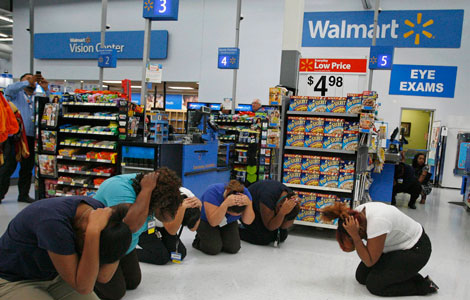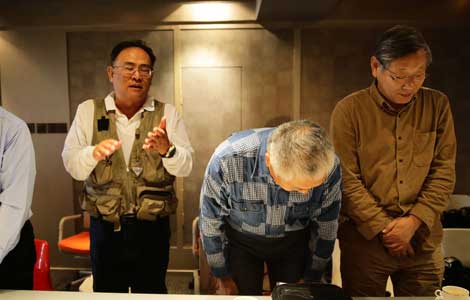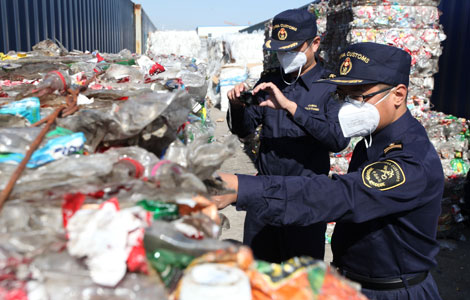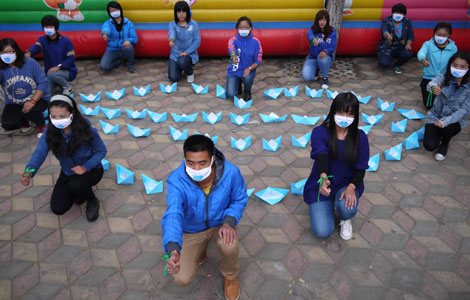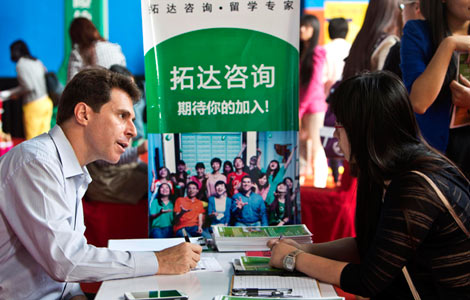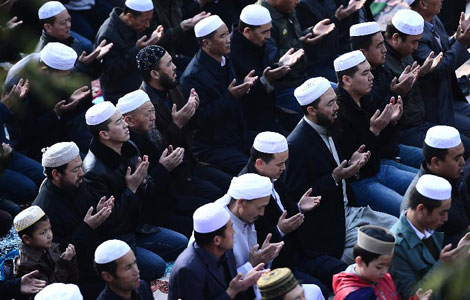Underdeveloped second-hand luxury market speeds up
Updated: 2013-10-18 17:47
By Song Jingli (chinadaily.com.cn)
|
||||||||
Trade volume of second-hand luxury items in China this year may have reached three billion yuan and the sector may keep growing 30 percent each year, estimated Zhou Ting, head of the Fortune Character Institute.
Sixty percent of those surveyed in Beijing reported a strong willingness to cash in with their luxury items. The institute compiled its 2013 China Second-hand Luxury Market report after its staff spent one year on interviewing 573 luxury goods buyers,surveying 200 second-hand luxury goods shops in Beijing and Shanghai and collecting both first-hand and second-hand prices of nearly 1,000 luxury goods.
Shanghai follows with 36 percent. Only three percent of respondents in Guangzhou said they are willing to sell their luxury things.
Zhou explained that is because many luxury goods serve as gifts for people living in Beijing but might not be suitable for use. Unevenly, only 34 percent of Beijing respondents said they are willing to buy previously owned luxury items.
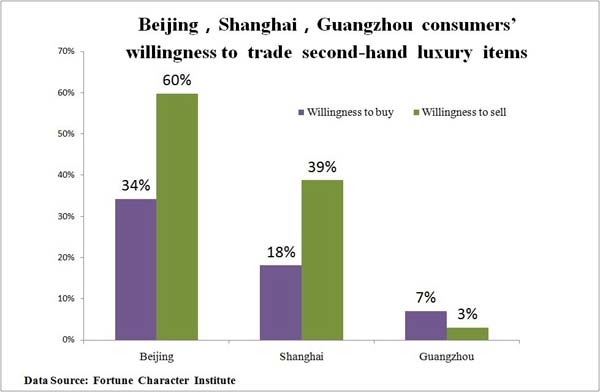
People in second or third-tier cities are less willing to trade second-hand luxury items, according to the report. However, people doing business in second-hand luxury goods have extended their footprints to second-tier cities. There have been 823 second-hand luxury shops in the Chinese mainland, 311 more than last year, according to Fortune Character Institute's incomplete statistics. Some of these newly-added shops are in cities like Chengdu, capital of Southwest China's Sichuan province and Changsha, capital of Central China's Hunan province. However, the report did not provide a detailed number.
Zhou said it's the right time to enter the second-hand luxury markets in second-tier cities as opportunities are only for those who take the initiative to build sales channels.
The market capacity is large in light of the value of all unused or slightly used luxury items held by Chinese rich people, which is estimated to be 300 billion yuan and the high possibility that that amount grows 20 percent each year, Zhou added.
But currently many shops still make a loss and fake items pose a threat for this infant industry, according to the report.
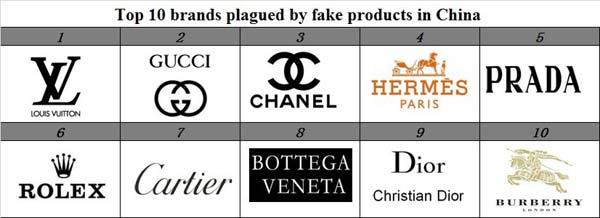
Most Viewed
Editor's Picks

|
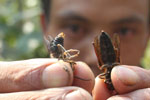
|

|

|

|

|
Today's Top News
US not budging on its arms restrictions on China
China's GDP rises 7.8% in Q3
China warns of emerging markets' slowing demand
Roche boosted by strong drug sales in US, China
IBM's China-driven slump sparks executive shakeup
Can cranberries catch on in China?
Asia-Pacific pays executives world's highest salaries
Trending news across China
US Weekly

|

|
